- Government of Montenegro
Ministry of Education, Science and Innovation Science Open Days – EU Zone: Info Day held on COST...
Please note: The page below represents the archived content relating to the previous Government of Montenegro. Some of the information might be inaccurate or outdated.
Archive
Science Open Days – EU Zone: Info Day held on COST and H2020 Widening programmes
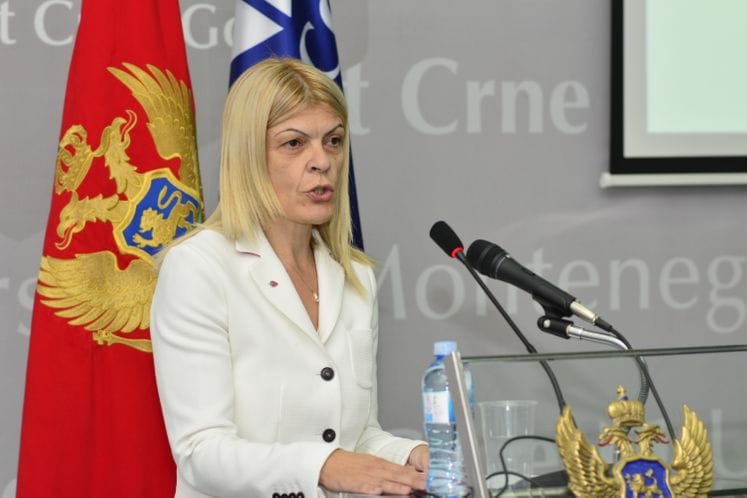
Published on: Oct 16, 2017 • 3:32 PM Author: Ministry of Science
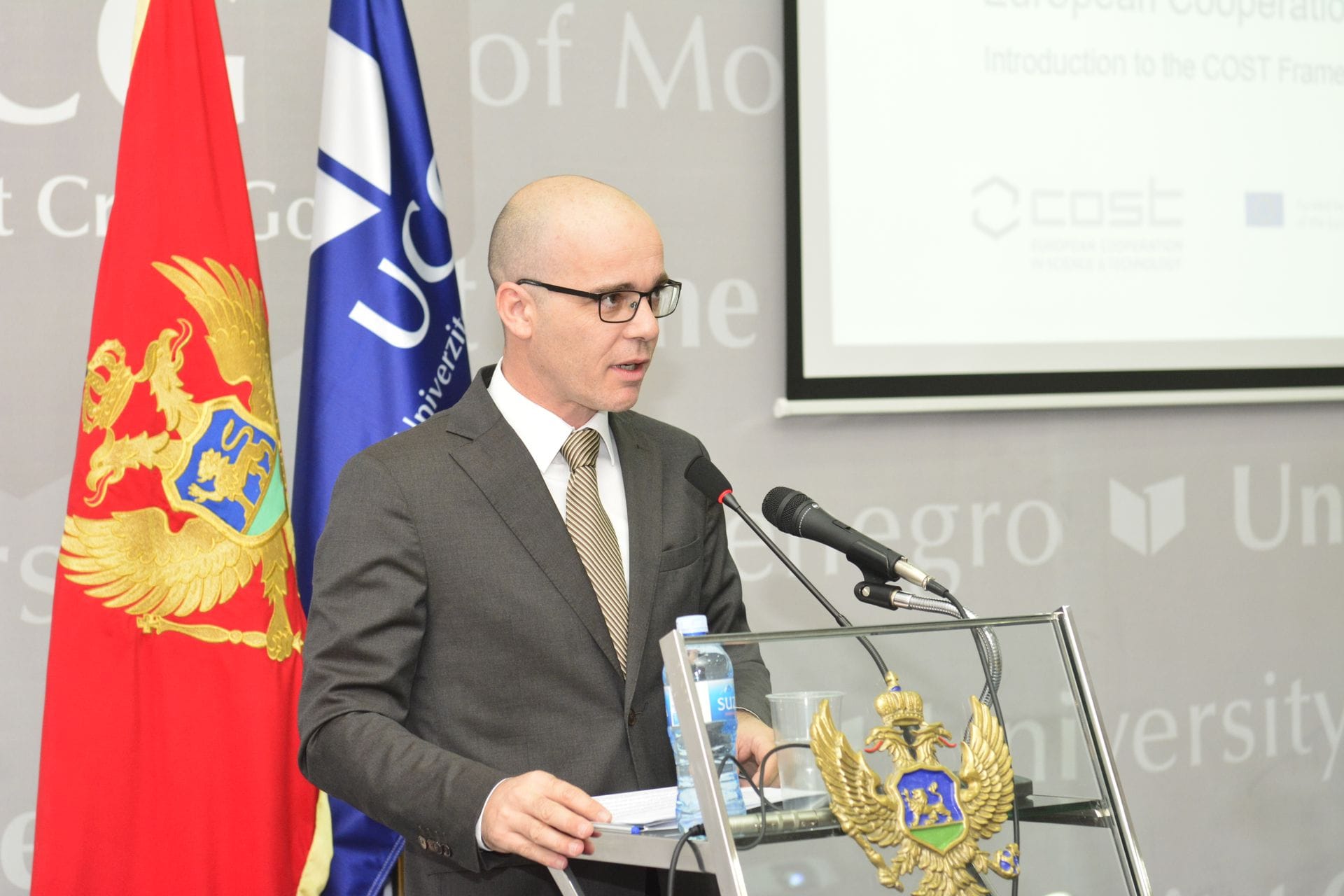
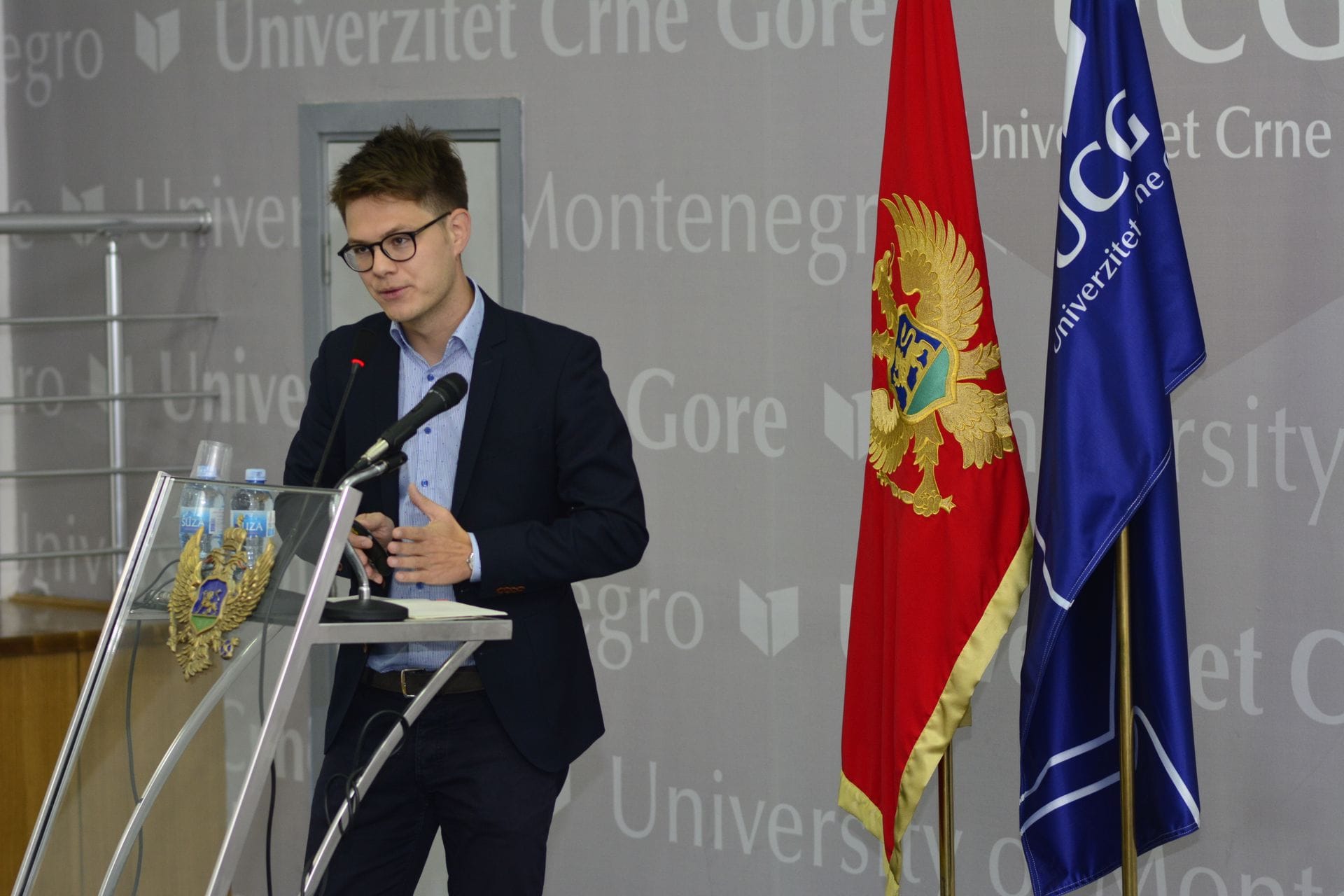
In the premises of the Rectorate of the University of Montenegro, an informative event entitled “Better Connection and Expansion of Excellence” was held today, at which participants from the research community could get information about the COST programme and several types of competitions for projects under the Horizon 2020 programme. The participants were addressed by the Minister of Science of Montenegro Dr. Sanja Damjanović and the Director of the COST Association from Brussels, Ronald de Bruin, who encouraged research teams to open their research by exchanging ideas and collaborating within the COST programme, as well as within the EU’s research and innovation programme, Horizon 2020.
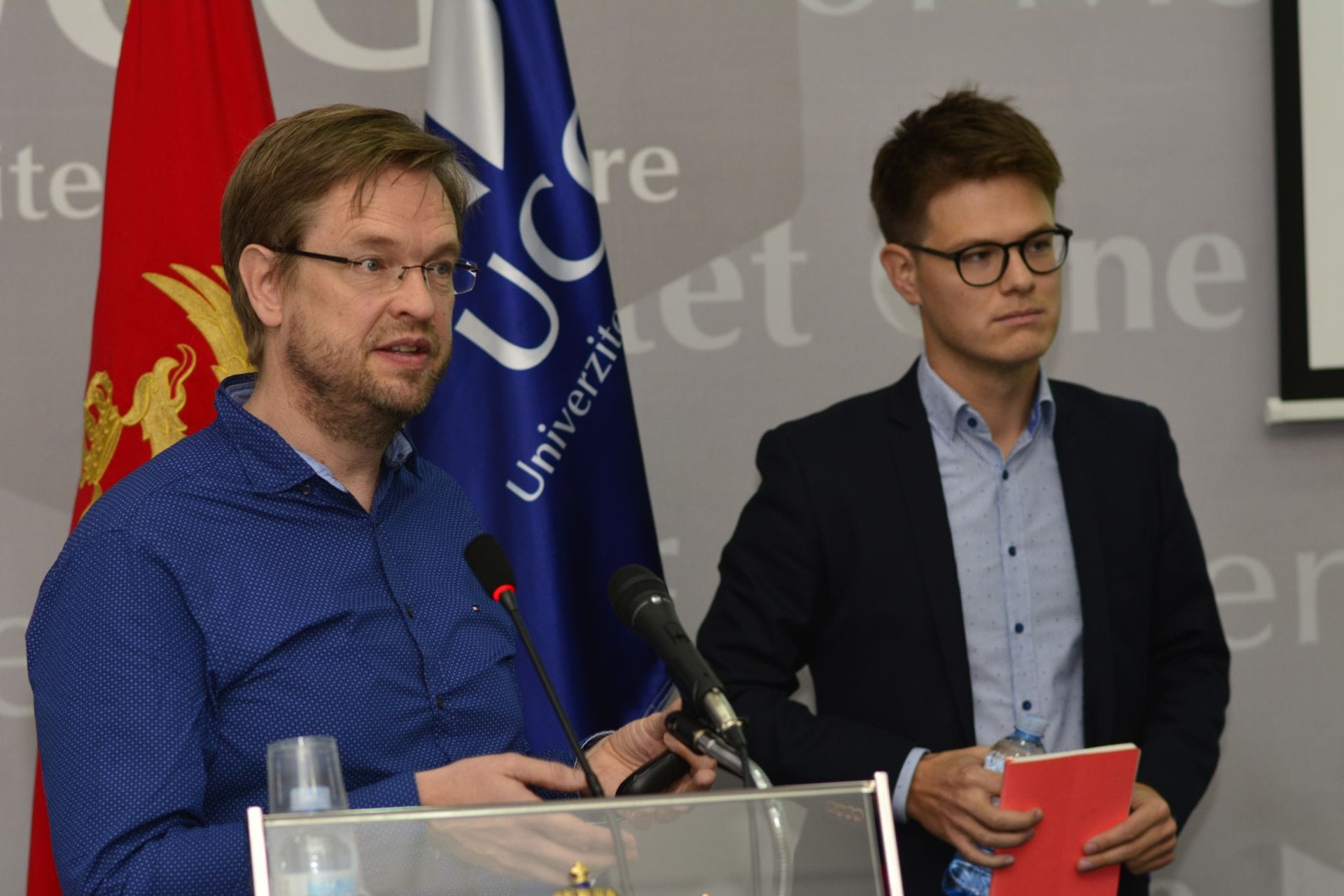
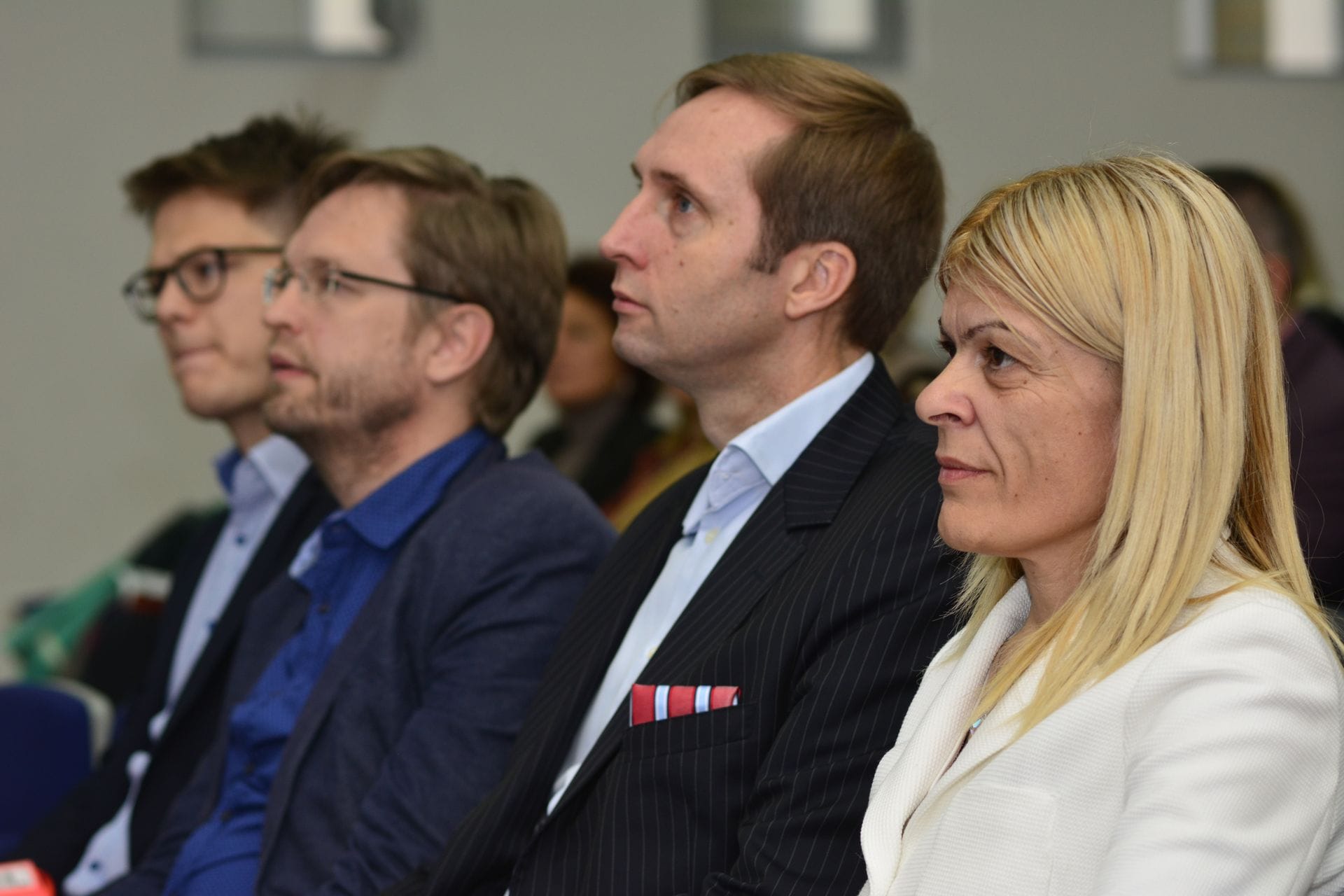
COST is the oldest European programme for networking and international cooperation of researchers, following the principle of autonomous proposal of project ideas that should bring completely new ideas and discoveries through the cooperation of scientists from at least seven countries. Apart from the “bottom-up” principle in proposing topics, COST applies anonymity in proposing and evaluating projects, which means that the project proposals do not include the names or institutions – i.e. the project evaluation is primarily based on the originality of the idea. Such an approach, they believe in COST, provides young researchers and less developed institutions with a fully impartial access to finance. The programme is thus open to less developed countries and young researchers, as well as to companies, innovators and NGOs. The programme was presented by COST representatives, Christer Halen and Bart Veys, while the national procedures for inclusion in COST actions and project launch were presented by Milena Milonjić, the national coordinator for COST in Montenegro.
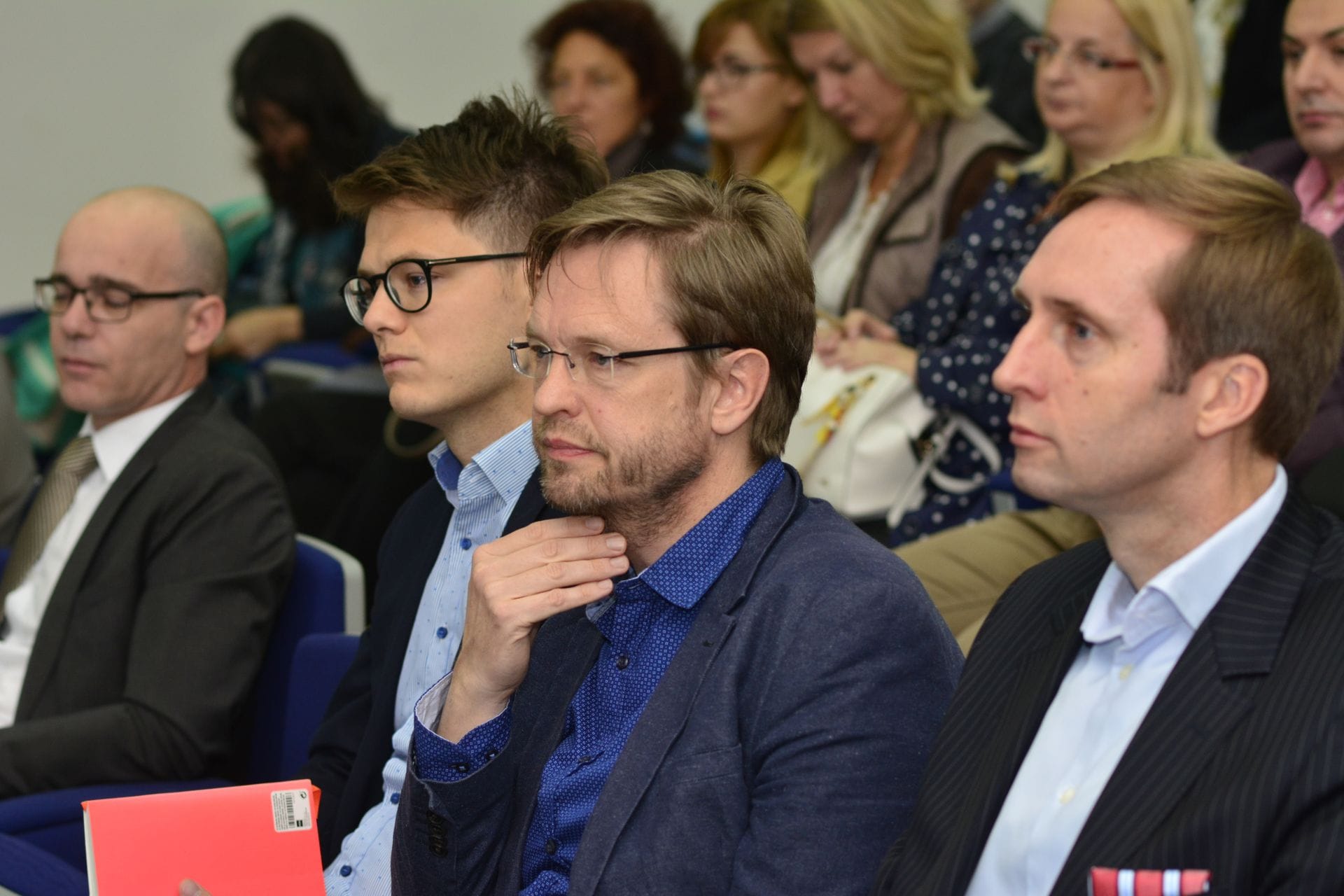
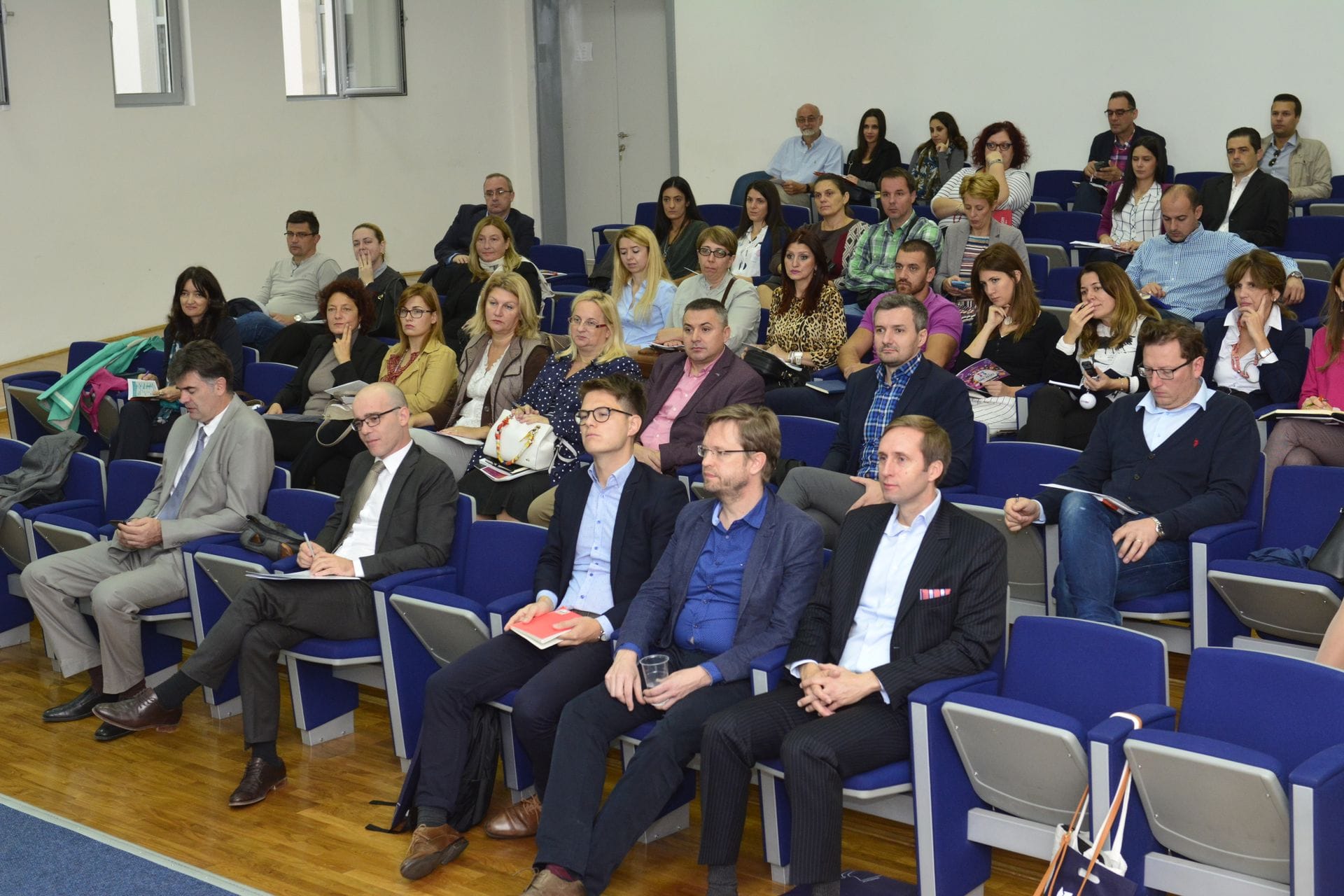
In the second part of the event, competitions from the Horizon 2020 programme were presented, especially interesting for Montenegro as these were the calls made by the European Commission to help bridge the gap between the less developed countries and those in which research is at a high level. Twinning, ERA Chairs, Widening Fellowships and Teaming represent several variants of projects that enable research institutions to raise their level of scientific research through partnerships with strong EU institutions, as well as to network with stronger teams and thus improve the position in competing for EU funds in science and innovation. The presentation was held by Branka Žižić, the national coordinator for the H2020 programme and a contact person for the Widening segment of this programme.
Alex Percy Smith, leader of the IPA project for strengthening the capacity of Montenegro for participation in the Horizon 2020 programme, also shared his observations and useful recommendations on what Montenegrin research teams and institutions need to do.
Finally, very interesting and illustrative presentations were made by Andreas Papallas (Cyprus University of Technology) and Catia Jardim (Madeira Interactive Technologies Institute), making it possible to fully understand how projects that were successfully designed, written and implemented should look like. In Cyprus and Madeira, these projects have led to the establishment of new institutes, centres of excellence, international networks, and opportunities for cooperation with enterprises and the birth of innovations.
Alex Percy Smith, leader of the IPA project for strengthening the capacity of Montenegro for participation in the Horizon 2020 programme, also shared his observations and useful recommendations on what Montenegrin research teams and institutions need to do.
Finally, very interesting and illustrative presentations were made by Andreas Papallas (Cyprus University of Technology) and Catia Jardim (Madeira Interactive Technologies Institute), making it possible to fully understand how projects that were successfully designed, written and implemented should look like. In Cyprus and Madeira, these projects have led to the establishment of new institutes, centres of excellence, international networks, and opportunities for cooperation with enterprises and the birth of innovations.
Related articles:
Request for prequalification Jan 17, 2025
Is this page useful?
